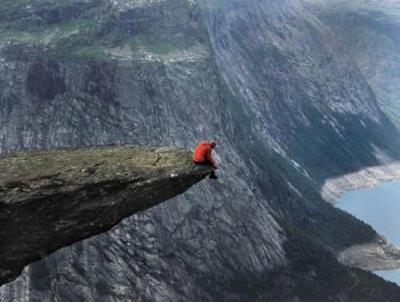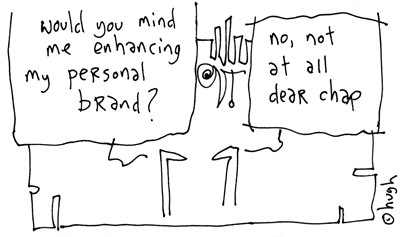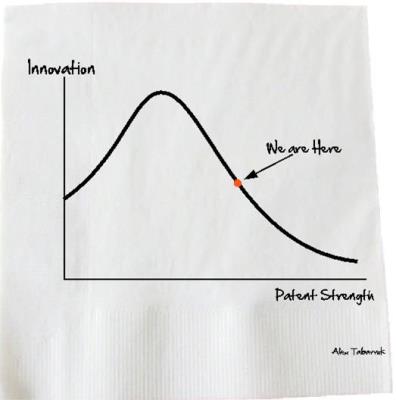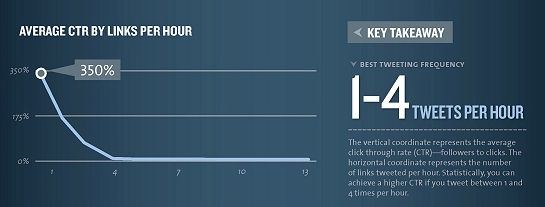I had an inspiring read of the latest book by Mitch Joel, a leading digital marketing guru, titled ‘Ctrl Alt Delete: reboot your business, reboot your life. Your future depends on it‘. It is an excellent book on the Fourth Revolution (which he calls the ‘business purgatory’), with one half about business reboot and the other half about personal reboot. (Unfortunately the book does not seem to be available in Kindle format, only paperback or hardcover, which might make it harder to get).
 Anyway, I found there an excellent career advice, and a new concept, the squiggle:
Anyway, I found there an excellent career advice, and a new concept, the squiggle:
Very few people set out in life to be the people that they have become. Even fewer know that they are going to be in a specific industry from a very young age. The most successful and interesting entrepreneurs and business people don’t have a very linear career path. In fact it is actually very squiggly. Always bear that in mind. Embrace the squiggle.
Let’s push a bit the concept. You won’t ultimately be successful in what you are doing now – both because what you’ll be doing tomorrow might not have been invented yet, and because it is by having a squiggly career that you will finally bring together the knowledge that will redefine your field.
Be squiggly to be successful. Ready to squiggle?











